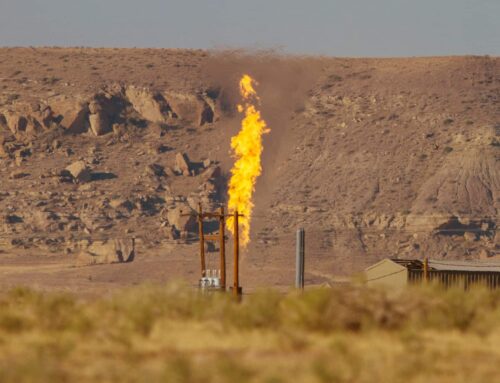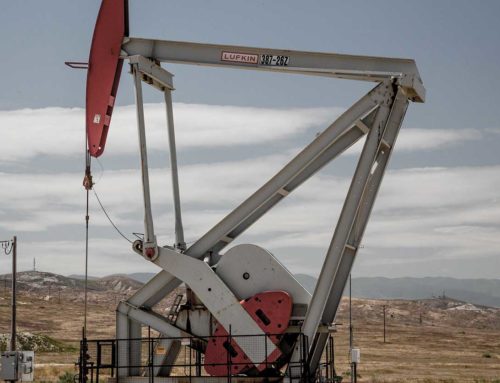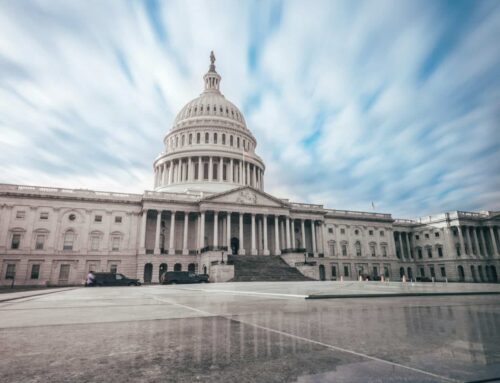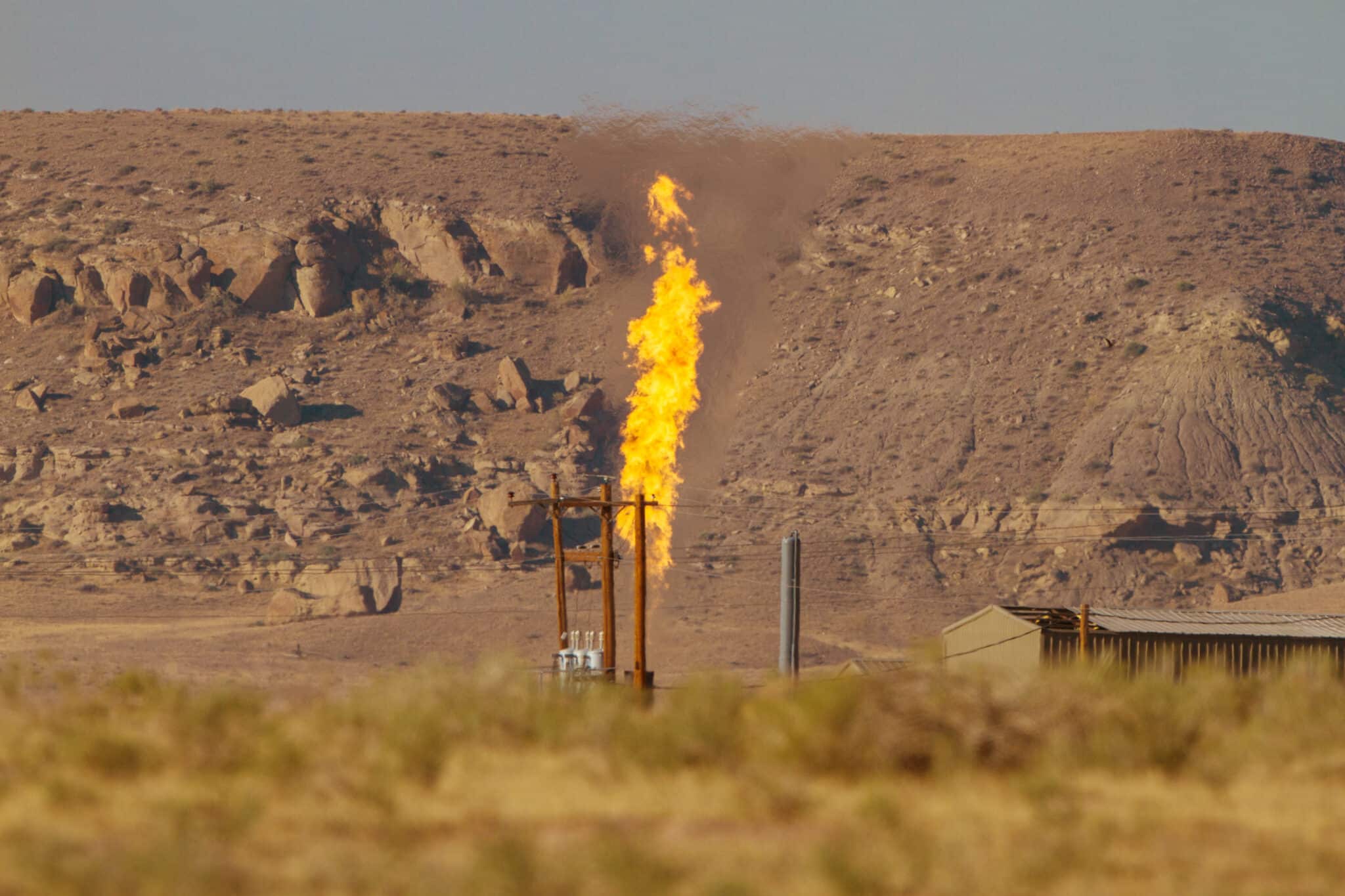Over the past few weeks, the Department of Interior (DOI)’s fiscal year 2017 budget request was analyzed by three different Congressional committees: the Senate Energy and Natural Resources committee, the House Natural Resources committee, and the House Appropriations Interior and Environment Subcommittee. Interior Secretary Sally Jewell attended each hearing to answer lawmakers’ questions on DOI’s budget.
At the beginning of each hearing, Secretary Jewell laid out DOI’s budget priorities for FY 2017. These included investing in conservation and energy development, addressing DOI’s maintenance backlog, repurposing offshore oil and gas revenue for coastal climate change resilience programs, and maximizing fair return to taxpayers for energy development.
Lawmakers in each committee wasted no time ripping into parts of DOI’s budget with which they disagreed. Senator Barrasso (R-WY), Rep. Lummis (R-WY), Rep. Zinke (R-MT), and Appropriations Chairman Rogers (R-KY) each expressed particular concern in their respective hearings about DOI’s recent decision to pause federal coal leasing while conducting a thorough overview of the program. Sen. Barrasso asked Secretary Jewell about the fairness of considering a royalty rate increase when coal prices are already low, to which Jewell countered that coal prices are driven by the world coal market, not by royalty rates. Jewell further noted the evidence of a lack of fair return received by taxpayers for publicly-owned coal and the need for updated royalty rates.
Other lawmakers expressed their support for DOI’s coal moratorium, like Rep. Lowenthal (D-CA), who noted that a review of the federal coal program is long overdue, and Sen. Cantwell (D-WA) who was particularly concerned with a federal practice known as “self-bonding” that allows coal companies to promise they will pay for mine clean-up using their financial statements rather than posting actual bonds to cover their clean-up costs.
Some lawmakers were incensed by DOI’s plans to regulate venting and flaring of natural gas from oil and gas production on federal lands. Sen. Barrasso (R-WY) accused DOI of attempting to stop production by imposing new regulation that would cost producers too much to comply with, but Secretary Jewell noted that in addition to the royalties taxpayers would receive from capturing this gas, complying with the rule and capturing wasted methane presents producers with opportunities for additional revenue as well.
Another contentious issue within DOI’s FY17 budget was its proposal to direct revenue from offshore oil and gas drilling to coastal climate change resilience programs, which would repeal parts of the Gulf of Mexico Energy Security Act (GOMESA) of 2006 that shared part of those revenues with oil-producing states. Unsurprisingly, Sen. Cassidy (R-LA) was not happy about this idea, arguing that removing the revenue sharing provision neglects Gulf States’ (like Louisiana’s) needs. Jewell responded that offshore oil and gas revenues come from federal waters, not state waters, and that revenues belong to all American taxpayers, not just those from a few states.
Lawmakers also asked Secretary Jewell about new fees proposed in DOI’s FY 2017 budget: one to increase the fee for grazing on federal lands, and another new fee on hardrock mining on federal lands. Jewell explained that DOI’s proposal to raise the grazing fee from $1.35 per animal unit month (AUM) to $2.50 per AUM, which is still far below the price paid on private lands, would help cover some of DOI’s costs to administer the grazing program. House Interior Appropriations Ranking Member McCollum (D-MN) was pleased with DOI’s proposal to institute a fee on hardrock mining that would be used to clean up hazardous mining sites in the same way that the Abandoned Mine Lands fee is used to clean up abandoned coal mines. (DOI’s budget request would also charge a five percent royalty on certain hardrock minerals: silver, gold and copper.)
TCS has been paying close attention to royalty provisions in DOI’s FY 2017 budget. We believe that reform of the federal hardrock mining program is long overdue, and that a royalty should be charged to ensure that taxpayers receive a fair return for hardrock minerals on federal lands. DOI’s review of the federal coal program is also a step in the right direction to make sure that coal lease sales are competitive, coal is priced accurately, and royalty rates are updated to provide taxpayers a high enough return for this publicly owned coal.
TCS likewise believes that a royalty should be charged on methane that is wastefully vented or flared by oil and gas producers on federal lands. Taxpayers lost an estimated $50 million in royalties on this wasted gas in 2013 alone. The public deserves a fair return for this resource. TCS has also long urged the repeal of revenue sharing provisions like GOMESA, so that all taxpayers can benefit from the income generated by oil and gas leases on offshore federal waters.
To read more TCS analysis of DOI’s and other agencies’ FY 2017 budget requests, CLICK HERE.










